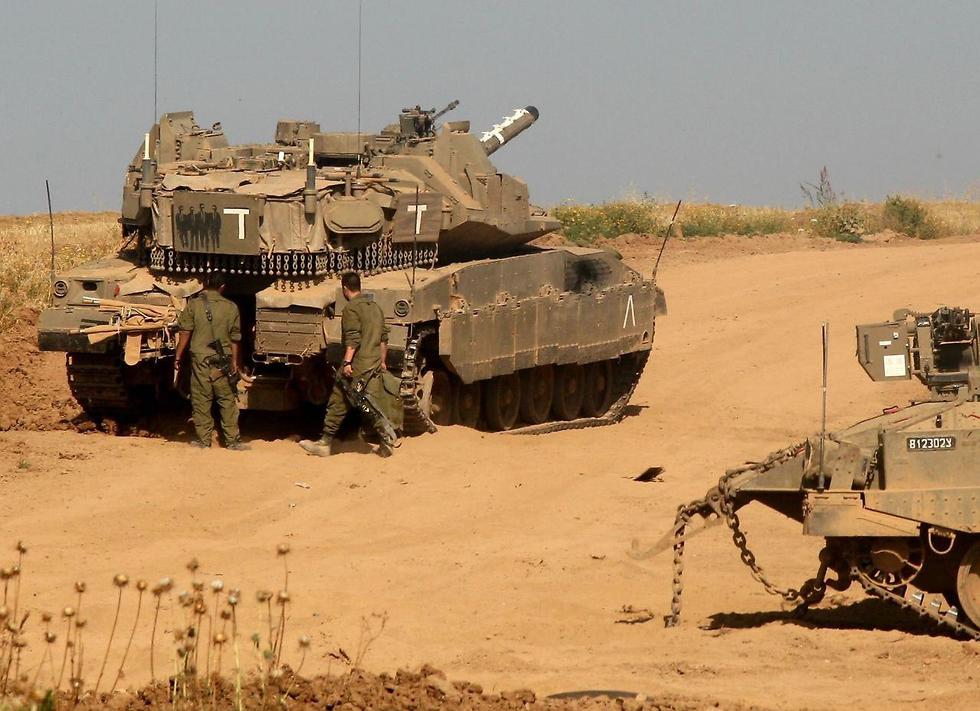
Israel started both wars and Israel conquered territory in both wars, and held on to it for many years. But while the differences between the two wars were substantial, both should be a lesson for the future.
The first difference is one of strategy, which can be either offensive or defensive. An offensive strategy aims to instigate Geopolitical change while a defensive one tries to avoid change or even reverse it.
A case in point is the two Iraq wars waged by the United States. In the first, in 1991, American strategy was offensive: Iraqi leader Saddam Hussein invaded Kuwait and the United States interceded to push him out and restore the old order. When that was achieved, the war was over.
In 2003, however, the American administration deliberately set out to topple Saddam's regime, so an offensive war was launched.
The 1967 Six-Day War was strategically defensive: The enemies were to be kept at bay. Even if military offensives were undertaken, their goal was to defend the borders.
The First Lebanon War of 1982, on the other hand, was strategically offensive to remove the Palestine Liberation Organization from Lebanon and change the political reality on the ground.
While the defensive war of 1967 had clear aims, the latter, 15 years later, began with the purpose of creating a new balance of power in Lebanon, and installing a pro-Israel, Christian government, while keeping that fact from the public. "Peace for the Galilee" was the stated goal.
The second difference between the wars of '67 and '82 is the question of whether there were any way to avoid battle.
There was no way to avoid the Six-Day War. The threat to Israel's existence was real and required the government to take action.
The First Lebanon War, on the other hand, came after a period of relative calm on the northern border. The prime minister at the time, Menachem Begin, spoke publicly about the need sometimes to go to war that was not purely defensive but could achieve national goals. This was a war Israel chose to fight.
Finally, the balance of power in both wars was very different.
In 1967, Israel had no strategic depth. It was David facing the Goliath of the Arab states. 1982 was no such thing.
Looking at lessons learned from these two wars in Israel's short history, both of which were began this month 52 and 37 years ago, respectively, it is evident that first of all, Israelis will not tolerate going to war that can be avoided. They are sensitive to the loss of life it entails. Current Israeli government policy on Gaza is a reflection of that.
Second, the Israeli government must state its expected objectives before taking military action. The policy towards Iran's intrenchment efforts in Syria is an example of that: Israel draws its red lines and acts to enforce them.
Finally, Israel to date has had a military advantage in all its conflicts, and that can be seen as a double-edged sword. It is challenge of the military to maintain this edge, take tactical risks when necessary and increase preparedness for any eventuality in the spirit of the Six-Day War.
These are the lessons that we must learn.



















